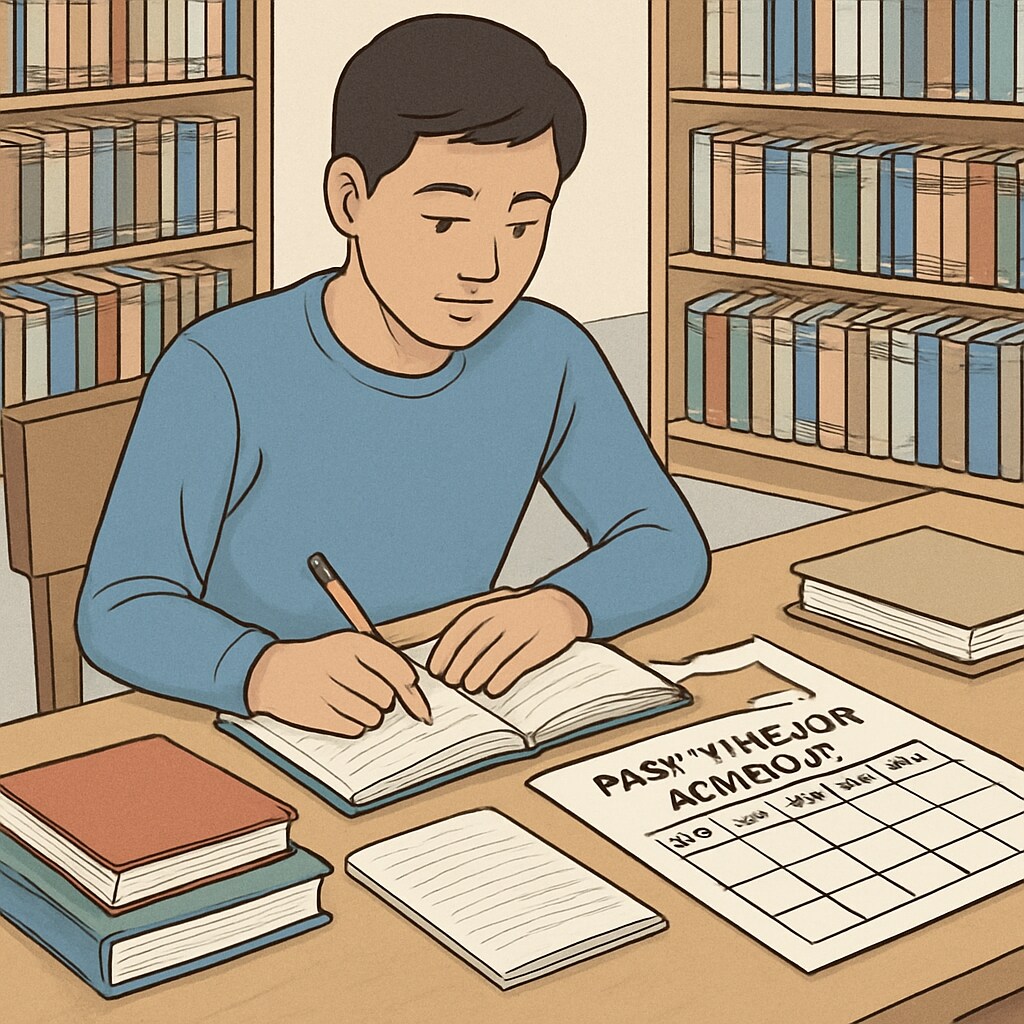Should high school students take part-time jobs to earn pocket money? This question often leads to disagreements among families, as parents weigh the importance of academic priorities against the benefits of real-world experience. While some argue that working can distract students from their studies, others believe it builds responsibility and independence. In this article, we will explore the advantages and disadvantages of high school students working part-time, and provide practical advice for families seeking a balance between academics and life experience.

The Benefits of Part-Time Jobs for High School Students
Part-time jobs can offer several advantages for high school students. These benefits go beyond just earning pocket money and can contribute to personal growth and future career readiness.
- Financial Independence: A part-time job allows students to earn their own money, reducing their dependence on parents for expenses like entertainment, clothing, or hobbies.
- Time Management Skills: Balancing work and school teaches students how to allocate their time efficiently, a skill that will benefit them in higher education and their careers.
- Work Experience: Gaining early exposure to the workplace can help students understand professional expectations, develop communication skills, and explore potential career paths.
- Confidence and Responsibility: Holding a job fosters a sense of responsibility and boosts self-confidence as students navigate real-world challenges.
For example, a study published by the Encyclopedia Britannica highlighted that students who work part-time often develop stronger interpersonal and problem-solving skills, which are valuable in both academic and professional settings.
Challenges of Part-Time Jobs: Balancing Work and Academics
While the benefits are clear, part-time jobs can also present challenges, particularly when it comes to maintaining academic performance. Families should consider these potential drawbacks before making a decision:
- Impact on Academic Performance: Working too many hours may leave students with less time and energy for homework, studying, and extracurricular activities.
- Stress and Fatigue: Combining school and work responsibilities can be overwhelming, leading to stress or burnout.
- Limited Social Time: A packed schedule might reduce opportunities for socializing or participating in school events.
Therefore, it’s essential to set boundaries. According to the Work-Life Balance on Wikipedia, students who work fewer than 15 hours per week are less likely to experience negative effects on their academic performance. Families should ensure that work commitments remain manageable and do not interfere with a student’s primary responsibility: their education.

Practical Tips for Finding Balance
To ensure that a high school student’s part-time job supports rather than hinders their academic goals, families can consider the following strategies:
- Set Priorities: Make it clear that academics come first. Work hours should not interfere with school attendance, study time, or sleep.
- Choose Flexible Jobs: Look for part-time roles that offer evening or weekend shifts, allowing students to focus on school during the week.
- Limit Hours: Experts recommend working no more than 10-15 hours per week to prevent overcommitment.
- Monitor Well-Being: Regularly check in with your child to ensure they are managing their responsibilities and not feeling overwhelmed.
- Encourage Communication: Foster open dialogue about the job experience, addressing any challenges or concerns as they arise.
By implementing these guidelines, families can help students enjoy the benefits of part-time work while maintaining strong academic performance and overall well-being.
Conclusion: A Balanced Approach to Student Work
Deciding whether high school students should take part-time jobs is not a one-size-fits-all answer; it requires careful consideration of the student’s personality, academic performance, and family circumstances. While part-time work can teach valuable life skills and provide financial independence, it should never come at the expense of a student’s education or health. By setting clear priorities and maintaining open communication, families can navigate this decision successfully, ensuring that both academics and life experience are given the attention they deserve.
Ultimately, striking the right balance between academics and part-time work can empower students to thrive in both their studies and their personal development, setting them up for success in the future.
Readability guidance: Use short paragraphs and lists to summarize key points; ensure transitions like “however” and “therefore” are distributed evenly; keep passive voice and long sentences below recommended limits.


